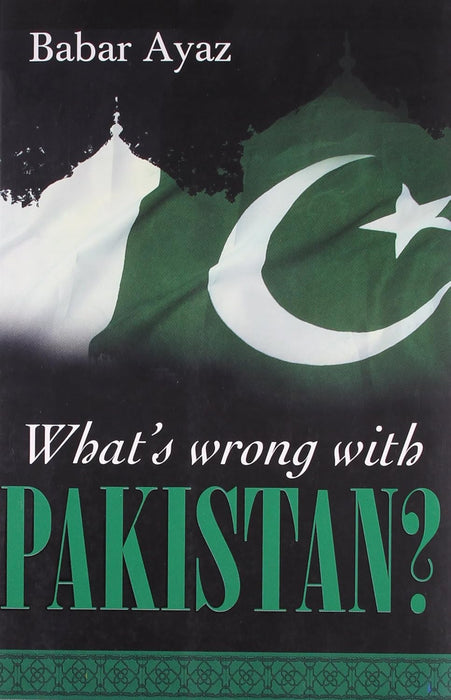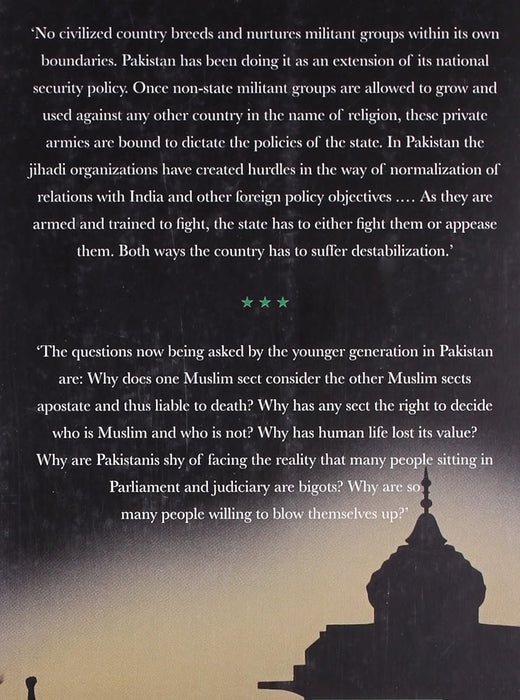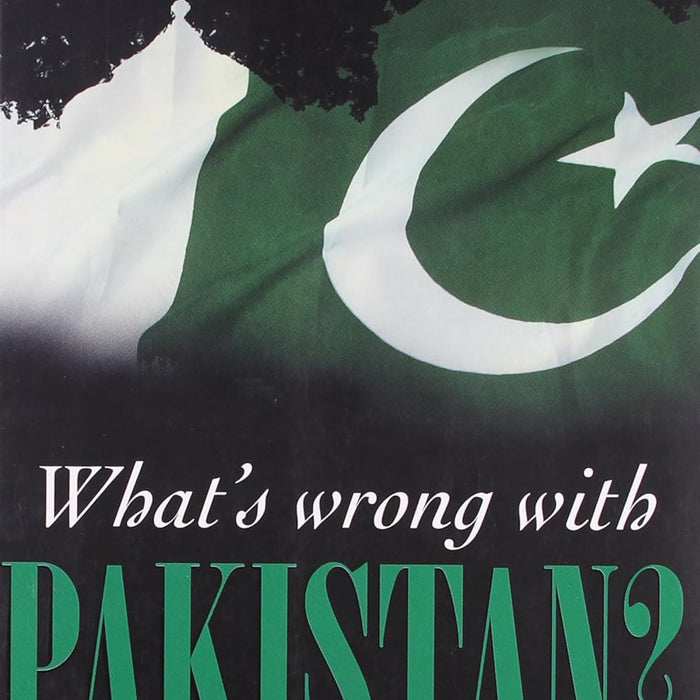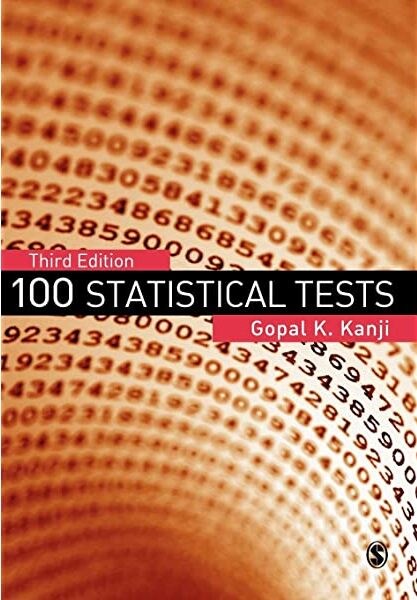What's Wrong With Pakistan? by Babar Ayaz
- Publisher: PAKISTAN STUDIES
- Availability: In Stock
- SKU: 16674
- Number of Pages: 362
Rs.630.00
Rs.795.00
Tags: Accountability , Babar Ayaz , Bangladesh independence , civil-military relations , Democracy , Development , Economic Management , ethno-linguistic diversity , Governance , governance in South Asia , governance reforms , Hay House India , Institutional Reforms , Islamic extremism , Islamic militancy , Military in Politics , military in politics Pakistan , National Issues , national security policy , Pakistan , Pakistan governance issues , Pakistan internal conflicts , Pakistan military influence , Pakistan political analysis , Pakistan socio-economic challenges , Pakistan's creation , Pakistan's democracy challenges , Pakistan's development hurdles , Pakistan's future , Pakistan's identity crisis , Pakistan's national issues , Political Instability , political reform advocacy , political science books , political science literature , Public Policy , Public Trust. , Reform , religious fundamentalism , secular governance , secularism in Pakistan , South Asia politics , state centralization , two-nation theory critique , What's Wrong With Pakistan?
Title: What's Wrong With Pakistan?
Author: Babar Ayaz
Binding: Paperback
Paper Quality: A5 Maat Paper
Language: English
Category: Political Science | South Asian Studies | Governance
Recommended For: Policy analysts, students of political science, journalists, civil service aspirants, and readers interested in Pakistan's socio-political dynamics
Intro:
In What's Wrong With Pakistan?, veteran journalist Babar Ayaz presents a candid and comprehensive analysis of Pakistan's enduring challenges. He delves into the nation's historical, political, and socio-economic complexities, offering insights into the factors that have hindered its progress and stability.
Key Points:
-
Foundational Flaws: Ayaz critiques the ideological basis of Pakistan's creation, particularly the two-nation theory, arguing that it led to a state structure susceptible to religious extremism and sectarianism .
-
Centralization and Ethnic Diversity: The book discusses how the failure to accommodate Pakistan's ethno-linguistic diversity and the centralization of power contributed to internal conflicts and the eventual secession of East Pakistan (now Bangladesh) .
-
Military Influence: Ayaz examines the military's dominant role in Pakistan's politics, highlighting how repeated interventions have disrupted democratic processes and governance .
-
Rise of Fundamentalism: The author explores the growth of Islamic militancy, attributing it to state policies and the manipulation of religious sentiments for political ends .
-
Foreign Policy and Security: The book analyzes Pakistan's foreign relations, particularly with neighboring countries and major powers, in the context of its national security policies .
-
Call for Secularism: Ayaz advocates for a secular and inclusive approach to governance, warning that without such reforms, Pakistan risks continued internal strife and isolation .


























